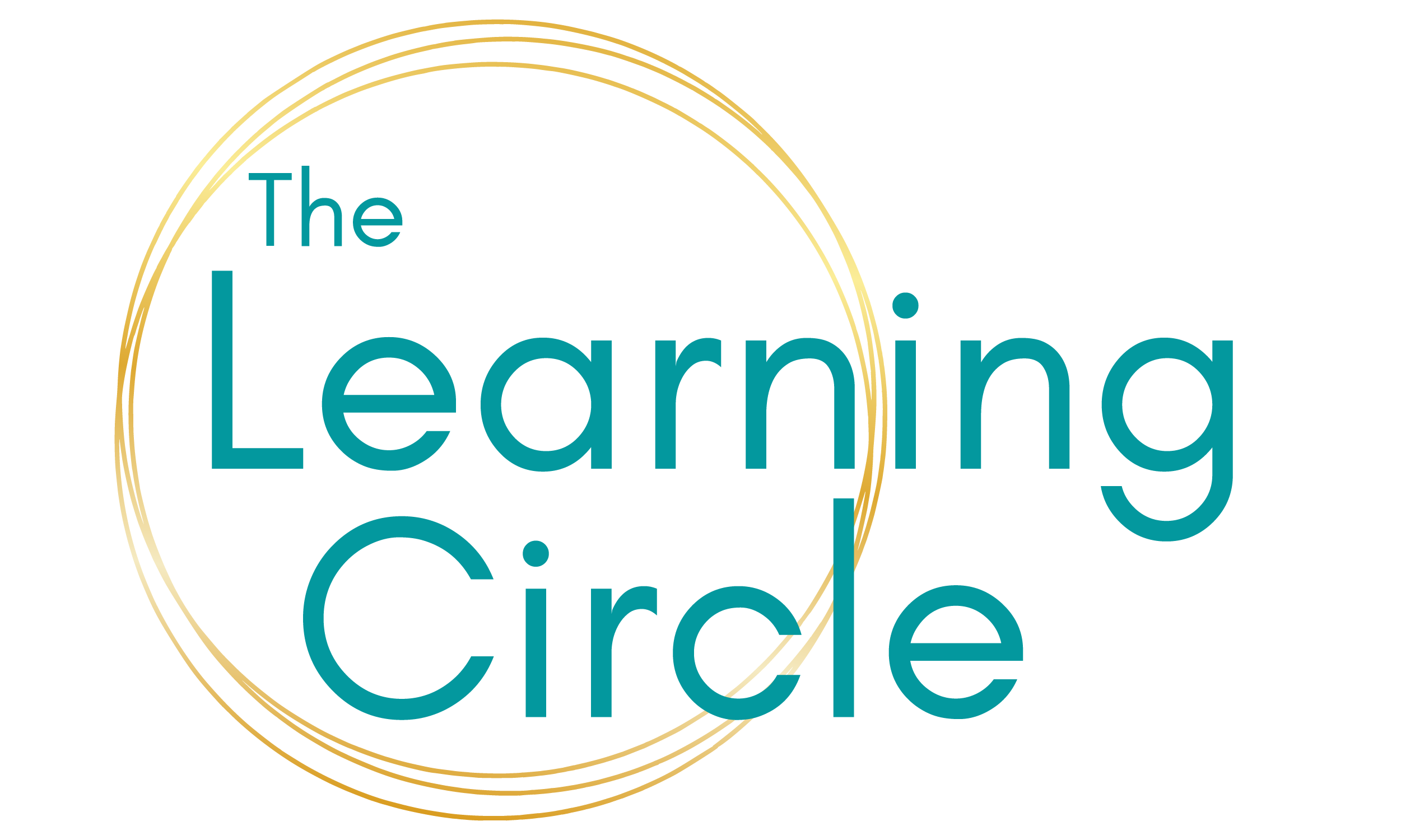It can be easy in a crowded curriculum to overlook pronunciation. And often when we do focus on it, the emphasis is on correctly pronouncing sounds and words.
But meaning is conveyed with more than just words. The way we say something can change the meaning. We use intonation patterns to show our emotion or attitude.
So, here’s a quick activity you can do in your class that helps your learners understand that the same words can have a very different meaning depending on how they are said.
But meaning is conveyed with more than just words. The way we say something can change the meaning. We use intonation patterns to show our emotion or attitude.
So, here’s a quick activity you can do in your class that helps your learners understand that the same words can have a very different meaning depending on how they are said.



